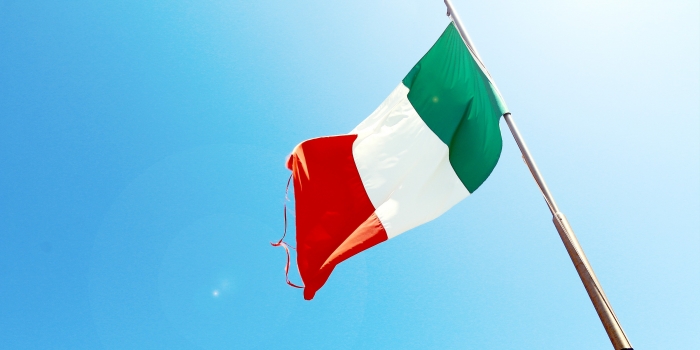The Italian government, led by ultraconservative leader Giorgia Meloni, adopted a security decree on Friday evening, marking a new tightening of justice and public order measures. This decree, which came into immediate effect, includes enhanced penalties for certain crimes and increased legal protection for police officers involved in cases of violence.
Interior Minister Matteo Piantedosi defended the decree during a press conference following the Cabinet meeting, stressing “the urgency of setting a precise deadline for the approval of a legislative measure” to secure legal protection for law enforcement, the elderly, and vulnerable groups. Both chambers of Parliament, which are largely controlled by the ruling coalition, now have 60 days to validate the decree.
This decree, which revives a bill that had been pending for more than a year, includes several significant measures. Police officers facing charges of violence while carrying out their duties will receive financial aid of €10,000 to cover their defense costs. Further, penalties for offenses such as “riot in a correctional facility” will be increased.
Another notable provision is the reduction in expulsion timelines for people occupying properties or garages illegally. Furthermore, a new rule now mandates the mandatory incarceration of pregnant women or mothers of young children convicted of crimes, although the imprisonment will take place in less severe facilities than regular prisons. Previously, such detention was not systematic.
This security crackdown is strongly supported by the League, the far-right party led by Matteo Salvini, who is currently Vice Prime Minister and Minister of Transport and Infrastructure. The decree’s announcement comes on the eve of the party’s congress, scheduled for Saturday and Sunday, amid Salvini’s efforts to regain some of his lost electorate, which has shifted in recent years to Fratelli d’Italia, Giorgia Meloni’s post-fascist party.
Opposition parties and several NGOs have already voiced concern over the decree, which they consider authoritarian, particularly regarding the treatment of vulnerable women and the normalization of police violence. It remains to be seen whether the decree will withstand parliamentary scrutiny and growing criticism from Italian civil society.
